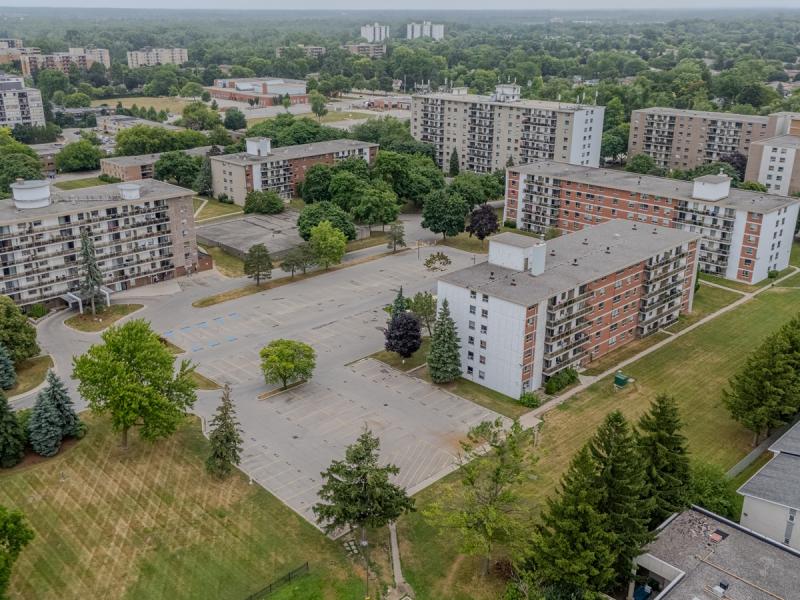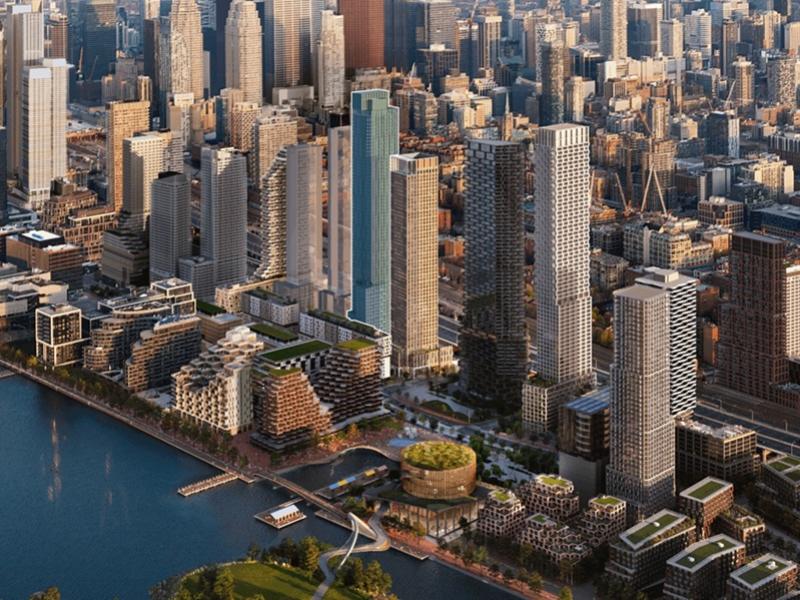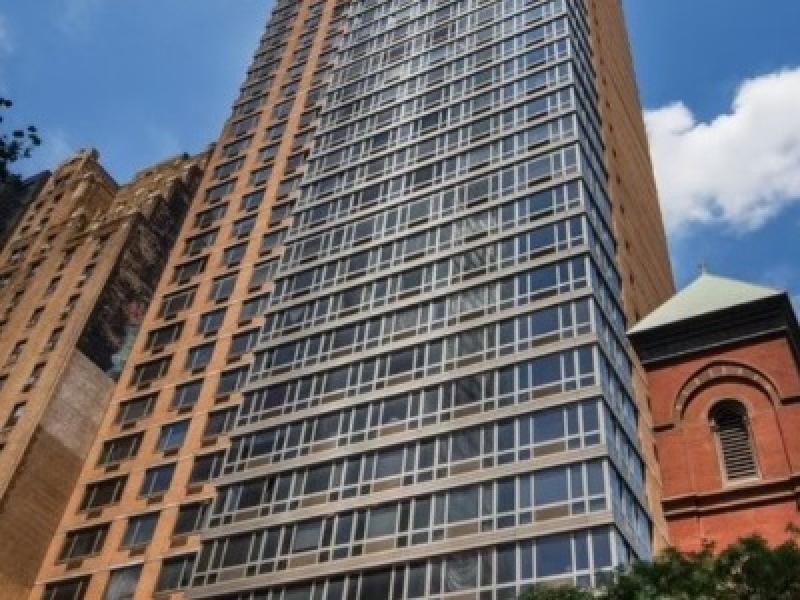Canadians need more motivation than ever to leave their homes, to visit stores and to spend their money.
The opinion, however, that retail in Canada is dying has been debunked. Retail is stronger than you think and retail will never die; it will just continue to evolve.
In some cases, bricks-and-mortar retail is stronger than ever. In others, it’s sagging and getting tired.
That truth also applies to the shopping centres in which retail stores reside. Some are doing excellently, some well, and some are in need of a major overhaul or development.
Consumers no longer need to visit a physical space to shop, causing retailers to re-evaluate their need for a physical location, and malls that were once flourishing can eventually lose their appeal to customers.
These malls often sit on valuable land in great locations and no longer represent the best use of the site from both a real estate and community perspective.
There is an opportunity for developers to transform aging, tired malls into mixed-use developments that can bring a new dynamic, exciting amenities, entertainment, services and more functional improvements, to the community.
The malls that represent the greatest opportunities for such transformation are what one might call “B malls.”
These are typically located in residential or suburban areas and are less likely to be anchored by high-end fashion or leading retail brands than their counterparts in major metropolitan centres.
Shifting consumer habits change retail landscape
COVID-19 brought with it many societal shifts affecting everything from public health policies to consumer behaviour.
Retail e-commerce, for example, got a major boost at the start of the pandemic, when lockdowns forced many Canadians to shop online more than they had ever done previously.
Statistics Canada reported retail e-commerce sales reached a record $3.9 billion in May 2020, a 2.3 per cent increase over the month before and a 99.3 per cent increase over the pre-pandemic month of February.
A year-over-year comparison showed e-commerce sales had more than doubled in May 2020, with a 110.8 per cent increase.
These are impressive numbers and e-commerce certainly isn’t going away anytime in the near future. But the fact is that as soon as Canadians were allowed to return to in-person shopping at brick-and-mortar stores and malls, they did so in droves.
In marketing parlance, modern shoppers have become “omnichannel” consumers and some retailers are beginning to experiment with taking a high-tech approach to meeting their needs, incorporating artificial intelligence and augmented reality into the in-store experience.
The malls themselves are undergoing their very own shifts, with redevelopment underway at shopping centres all across the country, turning them from retail hubs into mixed-use communities.
However, retail and services will still play a large role in the rebirth of B malls.
With the increased population density that comes along with more residential units, establishments such as supermarkets, pharmacies and banks will still be drawn to these locations to serve the everyday needs of the people in the community.
Priming B malls for redevelopment is a win for everyone
The owners of a large strip mall on the Island of Montreal provide us with a lesson in how to do this right.
The shopping centre, with a food anchor and an office component, is situated in a prime location close to transit.
The vendors did their homework and got the zoning changed, allowing them to add over two million square feet of residential density to the site.
They wisely included redevelopment and demolition clauses in almost every single lease, which empowered the purchaser to begin redevelopment immediately without having to contend with the tenants.
It’s one thing to have the appropriate zoning in place for increased density, but that’s not worth much if you’re dealing with leases that prevent you from doing anything about it for 10 to 15 years.
When done right, the redevelopment of underperforming malls can be a win for everyone, from the owners to the retail tenants.
The biggest winners, though, are arguably the residents of the community, who gain much-needed amenities and services along with their shopping and dining experiences, all located at their doorstep.
It’s an appealing concept — and not just for developers and investors.
According to the Retail Council of Canada’s most recent Shopping Centre Study (published in the pre-COVID days of early 2020), 87 per cent of Canadian adults said they would consider residing in “live, work, shop, play” environments.
“It is clear shopping centre owners are listening carefully to consumers’ desire for easier access, more simplicity, greater convenience and fabulous shopping experiences,” the study says.
“Landlords are not only investing in superb shopping spaces, they are increasingly also adding more non-retail amenities such as destination entertainment attractions, food markets and restaurants, fitness centres, parks, offices and residential towers that are transforming their shopping centres into all-encompassing community hubs.”
Today’s B mall could very well be tomorrow’s Grade-A destination.









